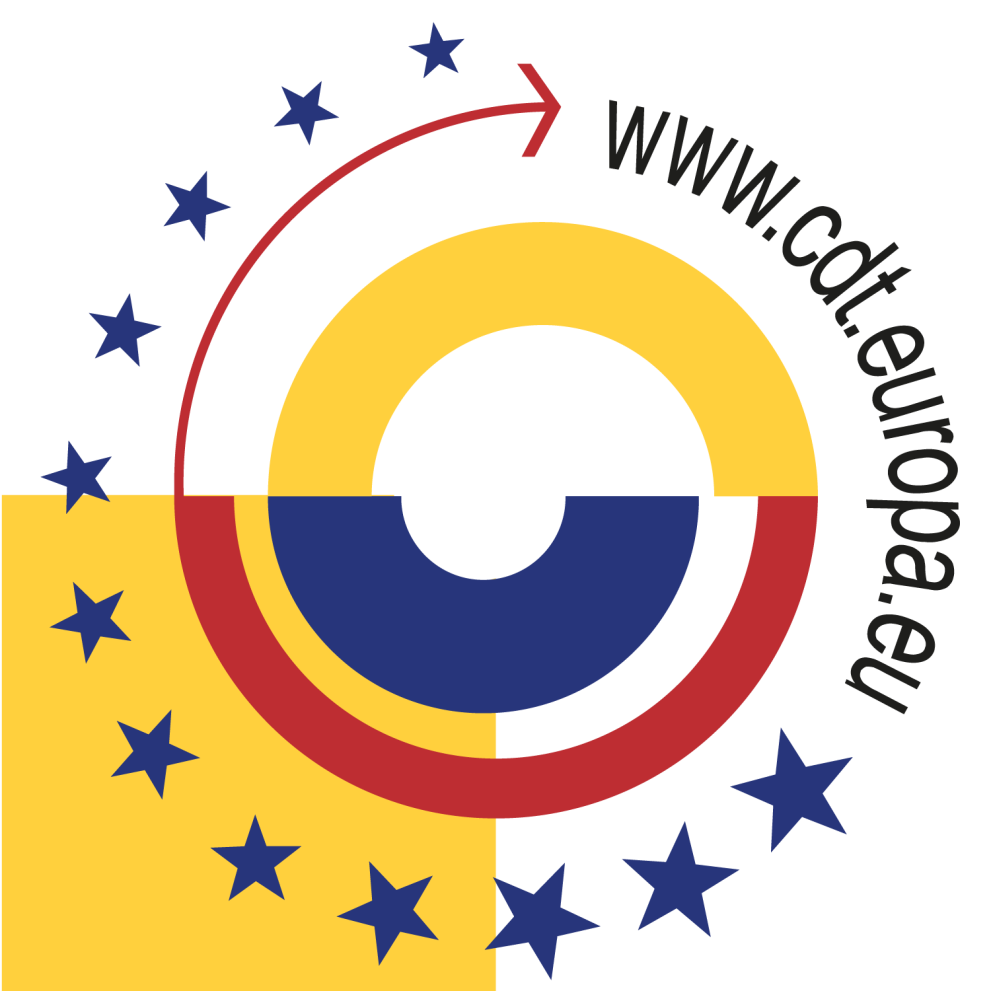Translation Centre for the Bodies of the European Union (CdT) - (Decentralised Agencies)
Summary
Budget
Official information source
https://european-union.europa.eu/institutions-law-budget/institutions-and-bo...Description
Decentralised Agencies
Decentralised agencies contribute to the implementation of EU policies. They also support cooperation between the EU and national governments by pooling technical and specialist expertise from both the EU institutions and national authorities. Decentralised agencies are set up for an indefinite period and are located across the EU.
Translation Centre for the Bodies of the European Union (CdT)

Page contents
Overview
- Role: Translation and related language services for EU agencies, bodies and institutions; interinstitutional cooperation
- Director: Ildikó Horváth
- Partners: other EU and international translation services via the Interinstitutional Committee for Translation and Interpretation (ICTI), the International Annual Meeting on Language Arrangements, Documentation and Publication (IAMLADP), the Joint Inter-Agency Meeting on Computer-Assisted Translation and Terminlogy (JIAMCATT).
- Established in: 1994
- Number of staff: 200, including about 100 translators
- Location: Luxembourg
- Website: Translation Centre (CdT)
The Translation Centre provides translation and related language services for EU agencies, bodies and institutions around Europe and works together with the EU’s other translation services.
What it does
It provides language services to the EU’s specialised agencies and bodies, especially:
- translation, including machine translation followed by full and light post-editing
- revision
- editing
- terminology work
- video subtitling
- transcription
- language consultancy.
The Centre also helps the translation services of other EU institutions and bodies when they are particularly overloaded, and with special projects.
And it works with the EU’s other translation services in the Interinstitutional Committee for Translation & Interpretation to:
- make working methods and tools more efficient
- bring the procedures of the different EU translation services into line with each other
- make overall savings in translation at the EU
- cooperate on large-scale projects, such as IATE, the EU’s terminology database.
Finally, the Centre helps implement the EU’s strategic framework for multilingualism which aims to build up citizens' linguistic skills.
How it works
- The Centre’s 70 client bodies order their work through a dedicated online portal and are invoiced for the services provided.
- Given the variety of fields covered by the EU agencies, the Centre deals with a multitude of specialised texts in a wide range of EU and non-EU languages.
- The Centre also outsources work to thousands of freelance translators, whose work is quality checked by the Centre’s linguists before being delivered to the client.
Further information
Activity reports & work programmes
Contact
Translation Centre for the Bodies of the European Union
Website: https://cdt.europa.eu/en
Postal address
Bâtiment Technopolis Gasperich 12E rue Guillaume Kroll
1882 Luxembourg
Luxembourg
Social media

